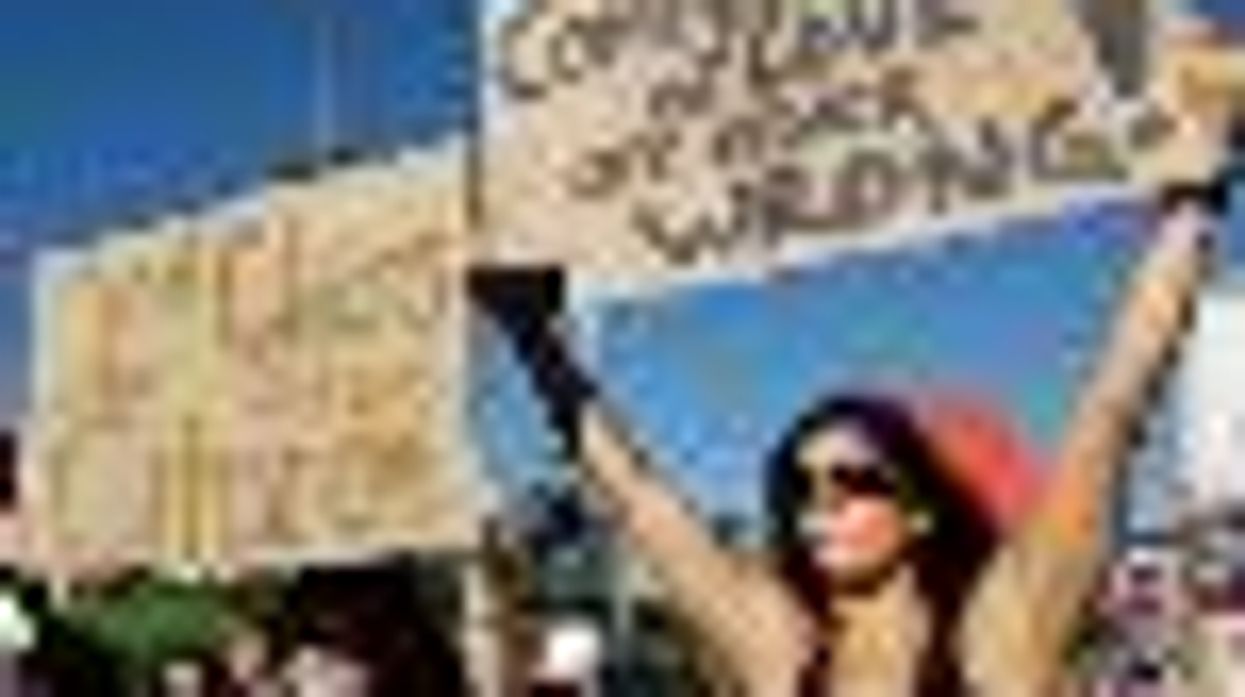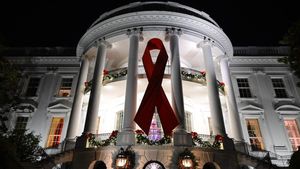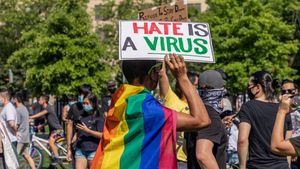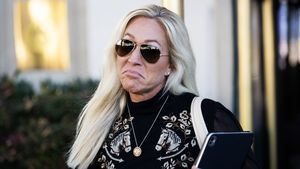Hey All,
Last night during the live streamed broadcast The Gloves are Off, Episode 5, I attempted to include some information about homosexuality appearing in the Diagnostic and Statistical Manual of Mental Disorders, and it’s evolution of categories until it was finally removed.
By then the fun and silliness of TGAO had taken over, our peanut gallery of guests were giggly, Jill had become a circus clown, my focus was very divided and it was basically impossible for me to make coherent sense and put forth a comprehensive message. Gotta’ love…. being LIVE!
But I awoke this morning dissatisfied with that. The moments we take to offer a little gay history I find are a valuable part of the fun that we all have together. There was a reason I wanted to present this information. Armed with this information we can move forth ready to intelligently inform any ignorance around us that dares to present homosexuality as anything resembling an illness or disorder of any kind. That is of the utmost necessity in the evolution of our community and our selves. So here it is ya’ll… enjoy and keep it in your back pocket for when you need to shut someone up, whether it’s family, friends, strangers… or who knows that someone might just be your own self defeating inner thoughts.
The following (in bold) was pulled from two websites (1) https://www.psychology.ucdavis.edu and (2) https://www.healthieryou.com. My two cents are laced throughout, not in bold.
Modern attitudes toward homosexuality have religious, legal, and medical underpinnings. Before the High Middle Ages, homosexual acts appear to have been tolerated or ignored by the Christian church throughout Europe. Beginning in the latter twelfth century, however, hostility toward homosexuality began to take root, and eventually spread throughout European religious and secular institutions. Condemnation of homosexual acts (and other non-procreative sexual behavior) as "unnatural," which received official expression in the writings of Thomas Aquinas and others, became widespread and has continued through the present day (Boswell, 1980).
Religious teachings soon were incorporated into legal sanctions. Many of the early American colonies, for example, enacted stiff criminal penalties for sodomy, an umbrella term that encompassed a wide variety of sexual acts that were nonprocreative (including homosexual behavior), occurred outside of marriage (e.g., sex between a man and woman who were not married), or violated traditions (e.g., sex between husband and wife with the woman on top). The statutes often described such conduct only in Latin or with oblique phrases such as "wickedness not to be named"). In some places, such as the New Haven colony, male and female homosexual acts were punishable by death (e.g., Katz, 1976).
By the end of the 19th century, medicine and psychiatry were effectively competing with religion and the law for jurisdiction over sexuality. As a consequence, discourse about homosexuality expanded from the realms of sin and crime to include that of pathology. This historical shift was generally considered progressive because a sick person was less blameful than a sinner or criminal (e.g., Chauncey, 1982/1983; D'Emilio & Freedman, 1988; Duberman, Vicinus, & Chauncey, 1989). (1)
“The issue of whether homosexuality is a disease has been one of the more controversial matters that has faced the framers of the various DSMs over the last few decades. The very first edition of the Diagnostic and Statistical Manual of Mental Disorders (DSM-I) classified homosexuality as a sexual deviation, as did DSM-II in 1968. However, in December of 1973, the DSM-II was modified by the Board of Trustees of the American Psychiatric Association (APA), who voted to eliminate the general category of homosexuality, and replace it with sexual orientation disturbance.
As Dr. Jon Meyer notes (see Comprehensive Textbook of Psychiatry, 4th ed., eds. Kaplan & Sadock), "...this change reflected the point of view that homosexuality was to be considered a mental disorder only if it was subjectively disturbing to the individual. The decision of the APA Board...took place in the context of new sociological data, biological inferences, and de-emphasis of psychoanalytic observations. It also took place in an atmosphere of confrontation. Beginning in 1970, various gay activist groups demonstrated....at APA meetings. At issue was the conceptualization of homosexuality as an illness..."
The DSM-III committee and subcommittee charged with drafting the new manual (1976-78) settled on the diagnosis of ego-dystonic homosexuality*, which, according to Meyer, "...represented a compromise between those individuals whose clinical experience, interpretation of the data, and, perhaps, biases, led them to the conviction that homosexuality was a normal variant of sexual expression..." By the time DSM-III-R (revised version of DSM-III) came out in 1987, the tide had shifted again. The category of ego-dystonic homosexuality was eliminated. As DSM-III-R itself stated, "...the diagnosis...has rarely been used clinically, and there have been only a few articles in the scientific literature that use the concept..." (2)
*Ego Dystonic: it may be helpful to pause here and explain what this means. The word “ego” is used here as a clinical term, not the slang term as we may understand it. Clinically, the “ego” is the component of the personality that moves through the world, makes daily decisions, decides right from wrong, etc. “Dystonic” (as opposed to “Syntonic”) describes something that is causing the ego (or personality) to experience stress, anxiety, or other symptoms of imbalance or discord such as depression etc.
I like this, this gets closer to the reality that homosexuality itself is not the problem. The stress that we experience and the ways our mental and emotional health are effected due to a disharmonious environment, oppression, prejudice, persecution etc – that is then problem.
However, one could use the category of sexual disorder not otherwise specified to include cases that previously would have been called ego-dystonic homosexuality. Our present DSM-IV does not include homosexuality per se as a disorder, but still permits the diagnosis of "Sexual Disorder Not Otherwise Specified" for someone with "...persistent and marked distress about sexual orientation". (2)
I like this even more. This removes the word “homosexuality” completely as any disorder and directs the focus more clearly on the actual disorder, which is only defined by the person themselves describing their own sexual preferences as a problem for them. Directly indicating, if one accepts their own sexuality and are happy with it, it no longer meets the criteria for any disorder in the DSM at all.
For details on how the DSM-IV committees made their decisions, I suggest you get hold of a copy of the actual manual, and read the detailed description on p. xx in the introduction. I think it's fair to say that DSM-IV was more reliant on empirical data (researched evidence rather than speculation and/or opinion) and less on political considerations, than were some earlier DSMs. You may also want to see the article by Bayer & Spitzer in which edited correspondence by the DSM-III framers is presented on the issue of homosexuality (J Hist Behav Sci 18:32, 1982). (2)
So even as homosexuality was initially listed in the DSM in order to garnish sympathy and mercy on those who were homosexual by offering them the crutch of an illness, we see how this could not… would not stand the test of time. Empirical evidence showed clinical professionals that over the years, no matter how they looked at homosexuality, the problem only lay in the subsequent emotional discord created by beliefs of homosexuality and not homosexuality itself.
So there. ;)























































































 Cindy Ord/Getty Images
Cindy Ord/Getty Images

























